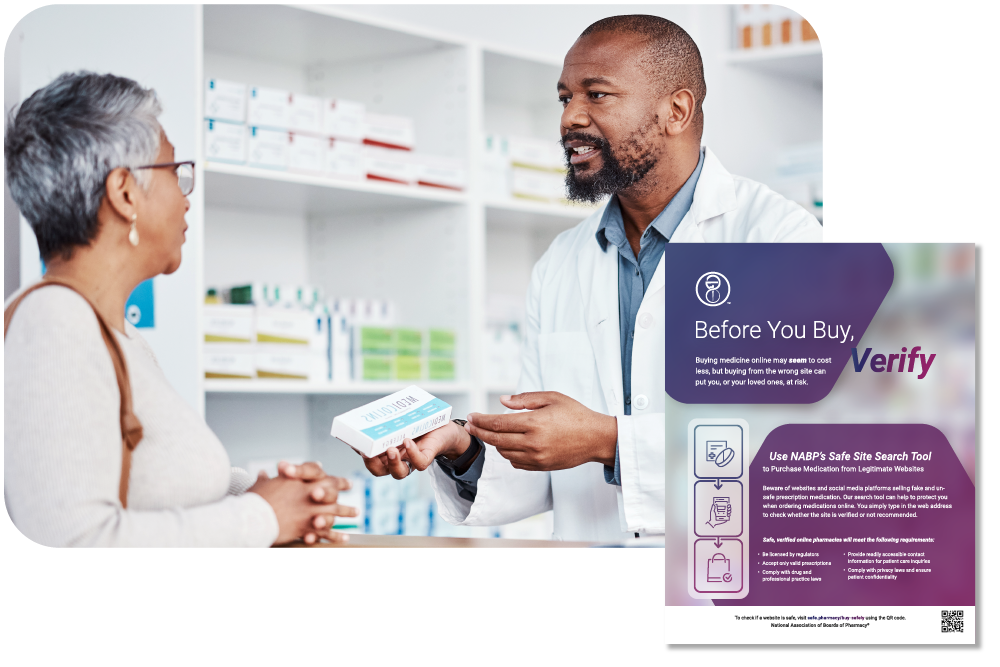Verify the pharmacy’s license and registration with your country’s regulatory body. Check for a physical address and contact information – avoid pharmacies with only PO boxes or vague locations. Legitimate pharmacies will display this information transparently.
Secure Your Information
Look for the padlock icon in your browser’s address bar, indicating a secure HTTPS connection. This protects your personal and financial data during transactions. Read their privacy policy to understand how they handle your information. A reputable pharmacy prioritizes data security.
Check for Accreditation
Reputable online pharmacies often display accreditation seals from organizations like the Verified Internet Pharmacy Practice Sites (VIPPS) program or similar agencies in your region. These accreditations show adherence to strict standards of practice and safety.
Scrutinize Pricing and Offers
Prices significantly lower than average could indicate counterfeit drugs. Beware of overly aggressive marketing tactics promising unrealistic results or miracle cures. A balanced approach, focusing on factual information, is a better indicator of legitimacy.
Customer Reviews and Testimonials
Review independent customer testimonials on sites like Trustpilot or other review platforms. Positive feedback on shipping, customer service and genuine medications provide valuable insights. Pay attention to the overall trend in reviews – not just a few isolated positive comments.
Consult Your Doctor
Always discuss online pharmacy options with your doctor or pharmacist before ordering medications. They can advise you on safety and the legitimacy of specific online providers. Prior consultation ensures safe and informed medication use.
Beware of Counterfeit Medications
Counterfeit medications can be harmful and ineffective. Look for pharmacies with strong security measures to prevent the sale of fake drugs. This may include measures like verifying product authenticity.



